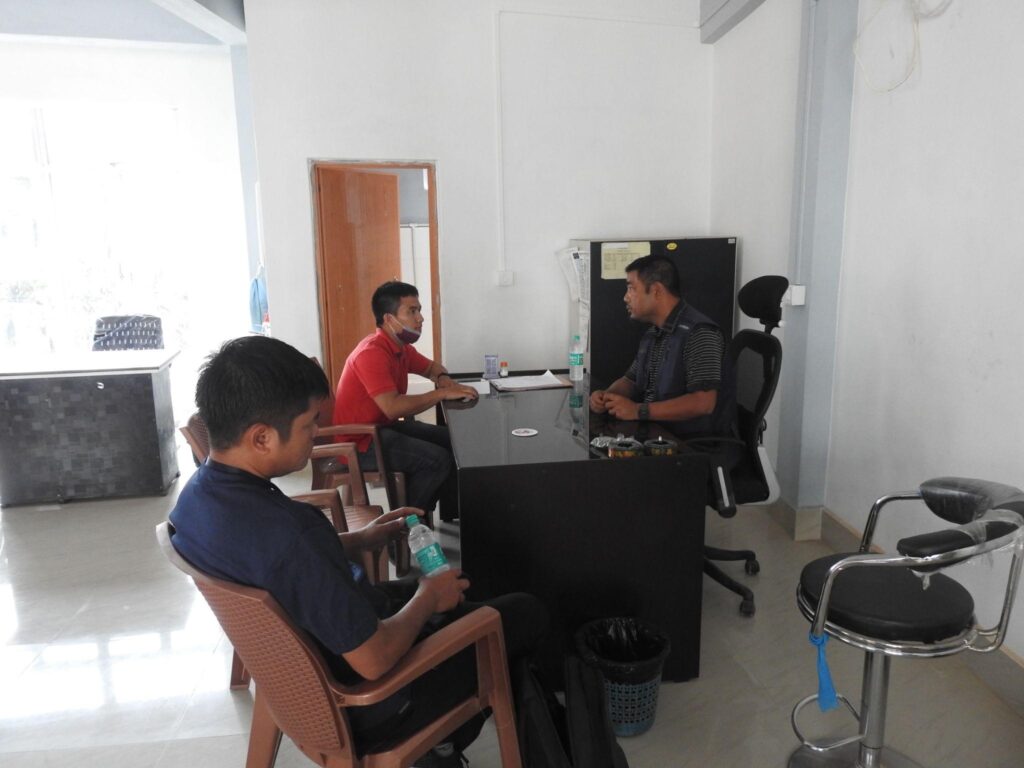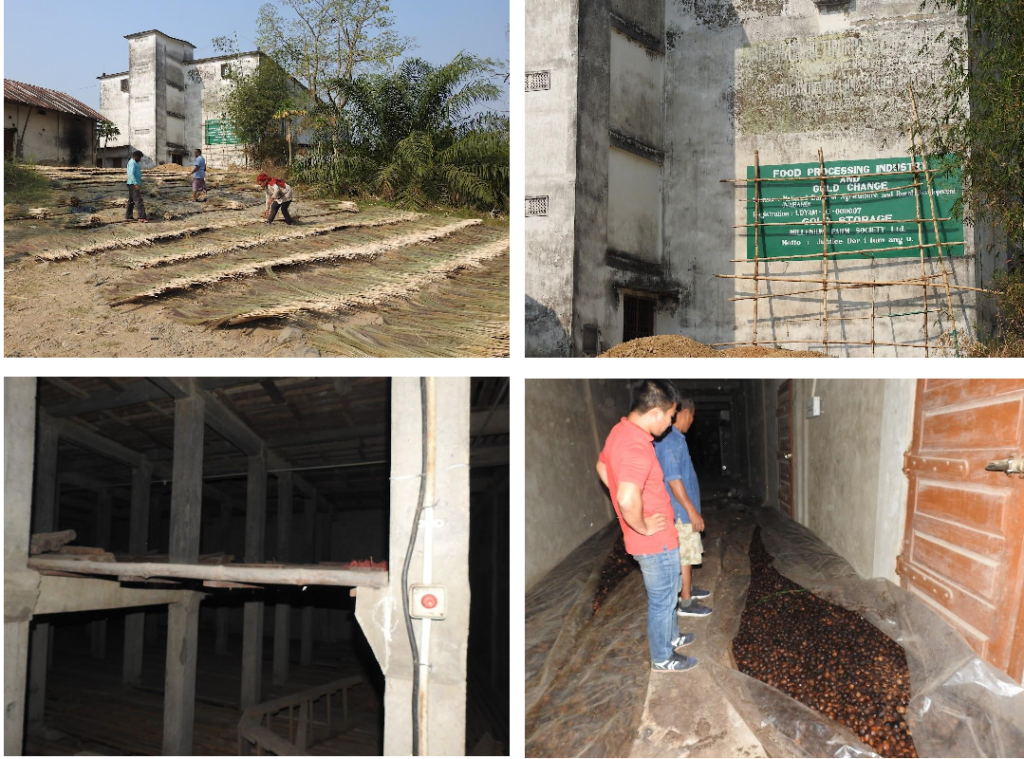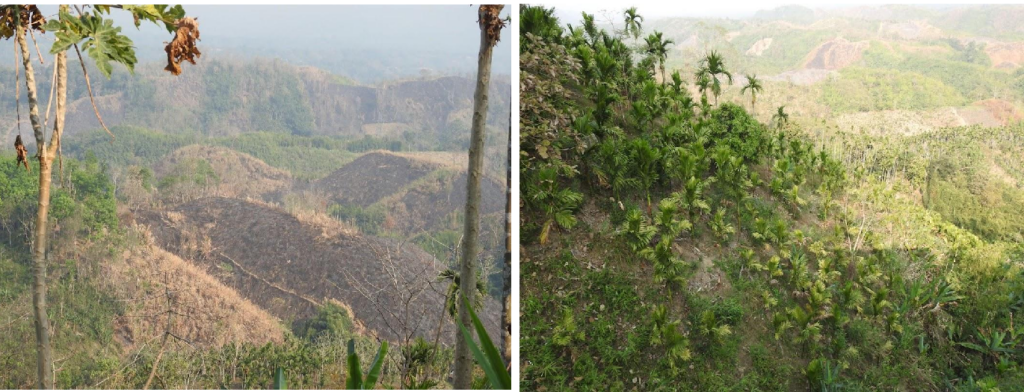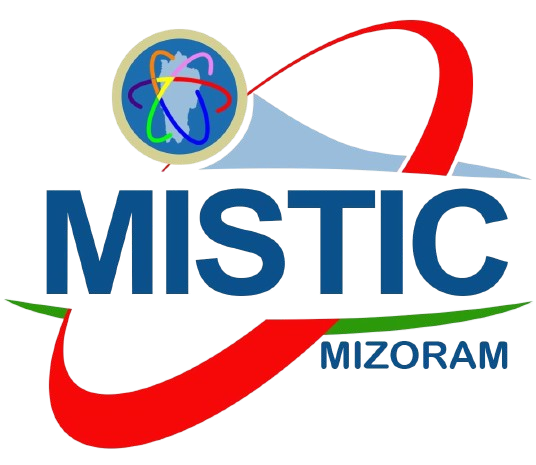Vairengte
Home > STI Needs on Spatial Domain > Vairengte
Vairengte is a town in north end of Mizoram border to Assam of 2650 houses with a population of more than 10,000. The major source of income is from production of broomsticks and arecanut. About 28,000 quintals of broomsticks are sold from the village each year at the rate of rupees 40-50/kg for fresh and 140/kg for dried broomsticks. On average, the arecanut generates 1-2 lakhs annually. Cultivation of arecanut started more than 15 years back, the farmers are supported and aided further with the help of funds from NLUP scheme.
One unique farming practised by the farmers in vairengte is the mixed cropping of arecanut and broomsticks. Broomsticks are grown in the spaces between arecanut trees generating double income. The broomstick provides shade to arecanut trees before they grow tall, this shade prevents the small trees from dying due to scorching heat from the sun.

Manufacturing industries
- Cold storage: there is a cold storage facility established from Mizoram Intodelhna Project (MIP). Initially it was used for storage of potatoes. But there are never enough agricultural products to be stored in such a large facility. Due to many reasons stated under, the facility does not function anymore.

Fig 2: Cold Storage facility at Vairengte
Needs:
- Broomstick industry and branding of the raw materials. The broomsticks are sold at a very low price as raw materials and sent to other states to make finished goods. Setting up of infrastructure and industry will generate income and employment for the people in the village.
- By product utilisation of broomstick – The disposal of by products from broomstick i.e leaves & stems is a problem to the farmers. However, they are potentially good raw materials for the paper industry, biodegradable plates, bio-fertilizer and animal feed. R&D in the utilisation of the by-products is the need of the hour to convert the waste for income generation.
- Power tiller & water channel- for rabi crops.
- Technical training in processing of arecanuts- Due to lack of technical knowledge in processing of arecanut (such as skoping and drying), the raw materials are sent to Assam for further processing. This greatly reduces the potential income and chances for employment generation.

